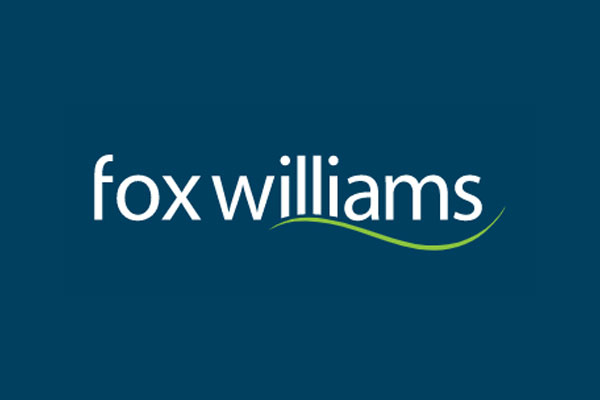A transformative legal shift is approaching, compelling UK companies to reassess their fraud prevention strategies. New legislation aims to hold businesses accountable for failures in averting fraudulent activities.
This change signifies a substantial advancement in the corporate realm, with a particular emphasis on transparency and accountability. Aimed at larger entities, the law may also impact smaller businesses linked to larger organisations.
Understanding the New Corporate Fraud Offence
A significant legislative change is on the horizon for UK businesses as a new criminal offence regarding the failure to prevent fraud is set to be enacted. The Economic Crime and Corporate Transparency Act of 2023 initiates a substantial transformation in how companies are required to manage fraud risk. This new offence is primarily directed at ‘large’ companies, defined by having a turnover exceeding £36 million, a workforce of 250 or more, or assets totalling at least £18 million. Despite this threshold, smaller entities could also find themselves implicated through their business associations.
Implications for the Travel Industry
The travel sector, in particular, needs to prepare for this change. Fox Williams, a prominent law firm, has issued alerts cautioning travel businesses about the risks involved. Activities involving various stakeholders such as regulators, insolvency protection providers, trade associations, shareholders, investors, banks, and customers are considered vulnerable under this new offence. Fraudulent acts could involve false representation, failure to disclose crucial information, false accounting, and several others. Intriguingly, companies can be held liable even if their management was unaware of the fraudulent activities.
The Scope of Liability
Under this legislation, a company is accountable for fraud even if its top management had no knowledge of the offence being committed. This severe liability extends to fraudulent conduct by any employee, agent, or external partner. Infractions, including false statements by directors, fraudulent trading, and hiding information from stakeholders, come under this purview. The penalty for such omissions or actions is an unlimited fine, underscoring the seriousness with which the UK government is treating this issue.
Preventative Measures and Best Practices
To mitigate risks, Fox Williams advises that travel companies should proactively develop robust fraud prevention systems. Implementing a strategy that showcases due diligence in preventing fraudulent activities is crucial. The design of these procedures should be tailored to the company’s unique operational dynamics and should begin with a comprehensive risk assessment. Small companies, while not directly targeted by the legislation, are encouraged to consider adopting these measures as best practice, which might also be necessitated by business partners.
Future Government Guidance
The UK government has committed to providing detailed guidance on the compliance steps necessary before the law’s implementation in 2025. For many firms, this will involve creating and enforcing reasonable procedures designed to prevent fraud. Drawing from a comprehensive risk assessment, these procedures must be specific to each company’s operations. Legislative guidance will assist companies in formulating their compliance strategies effectively, ensuring alignment with the new legal requirements.
Potential Impact and Industry Readiness
Many in the travel sector are now evaluating their vulnerability to these legal changes. With the law firm highlighting that a significant portion of travel businesses may fall under this legislation, the focus is on readiness. Companies are encouraged to review their current fraud prevention measures and update them where necessary to meet the forthcoming requirements. The law firm stresses the importance of having documented procedures as evidence of due diligence should allegations arise.
Conclusion: Preparing for Change
As the travel industry grapples with this impending legislation, it is essential for businesses, big and small, to assess and enhance their fraud prevention strategies. This robust legal framework necessitates deeper engagement with fraud risk management, ensuring every organisation operates transparently and ethically in its dealings.
As companies prepare for the law’s implementation, the onus is on establishing effective fraud prevention frameworks. This legislative move is not just a regulatory requirement but an opportunity for businesses to fortify their ethical standards.
While challenges remain, compliance with the new law will foster a culture of accountability and trust across industries.

